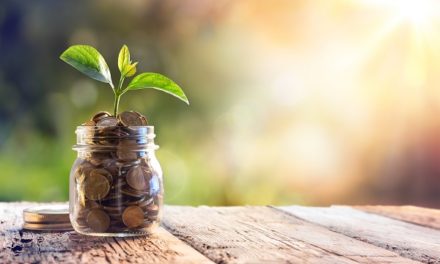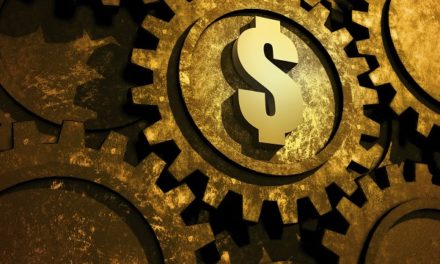
“When we own portions of outstanding businesses with outstanding managements, our favorite holding period is forever.”
— Warren Buffett
The above quote from Warren Buffett is timeless, and brings into focus the choice about time horizon that any investor should think about before buying a stock they are considering. Behind every stock is an actual business; what will that business look like over a two-decade period?
Today, let’s look backwards in time to 1999, and take a look at what happened to investors who asked that very question about Pioneer Natural Resources Co (NYSE: PXD), by taking a look at the investment outcome over a two-decade holding period.
| Start date: | 05/10/1999 |
|
|||
| End date: | 05/08/2019 | ||||
| Start price/share: | $12.38 | ||||
| End price/share: | $153.77 | ||||
| Starting shares: | 808.08 | ||||
| Ending shares: | 842.53 | ||||
| Dividends reinvested/share: | $2.60 | ||||
| Total return: | 1,195.56% | ||||
| Average annual return: | 13.66% | ||||
| Starting investment: | $10,000.00 | ||||
| Ending investment: | $129,601.52 | ||||
The above analysis shows the two-decade investment result worked out quite well, with an annualized rate of return of 13.66%. This would have turned a $10K investment made 20 years ago into $129,601.52 today (as of 05/08/2019). On a total return basis, that’s a result of 1,195.56% (something to think about: how might PXD shares perform over the next 20 years?). [These numbers were computed with the Dividend Channel DRIP Returns Calculator.]
Notice that Pioneer Natural Resources Co paid investors a total of $2.60/share in dividends over the 20 holding period, marking a second component of the total return beyond share price change alone. Much like watering a tree, reinvesting dividends can help an investment to grow over time — for the above calculations we assume dividend reinvestment (and for this exercise the closing price on ex-date is used for the reinvestment of a given dividend).
Based upon the most recent annualized dividend rate of .64/share, we calculate that PXD has a current yield of approximately 0.42%. Another interesting datapoint we can examine is ‘yield on cost’ — in other words, we can express the current annualized dividend of .64 against the original $12.38/share purchase price. This works out to a yield on cost of 3.39%.
One more investment quote to leave you with:
“While some might mistakenly consider value investing a mechanical tool for identifying bargains, it is actually a comprehensive investment philosophy that emphasizes the need to perform in-depth fundamental analysis, pursue long-term investment results, limit risk, and resist crowd psychology.” — Seth Klarman




